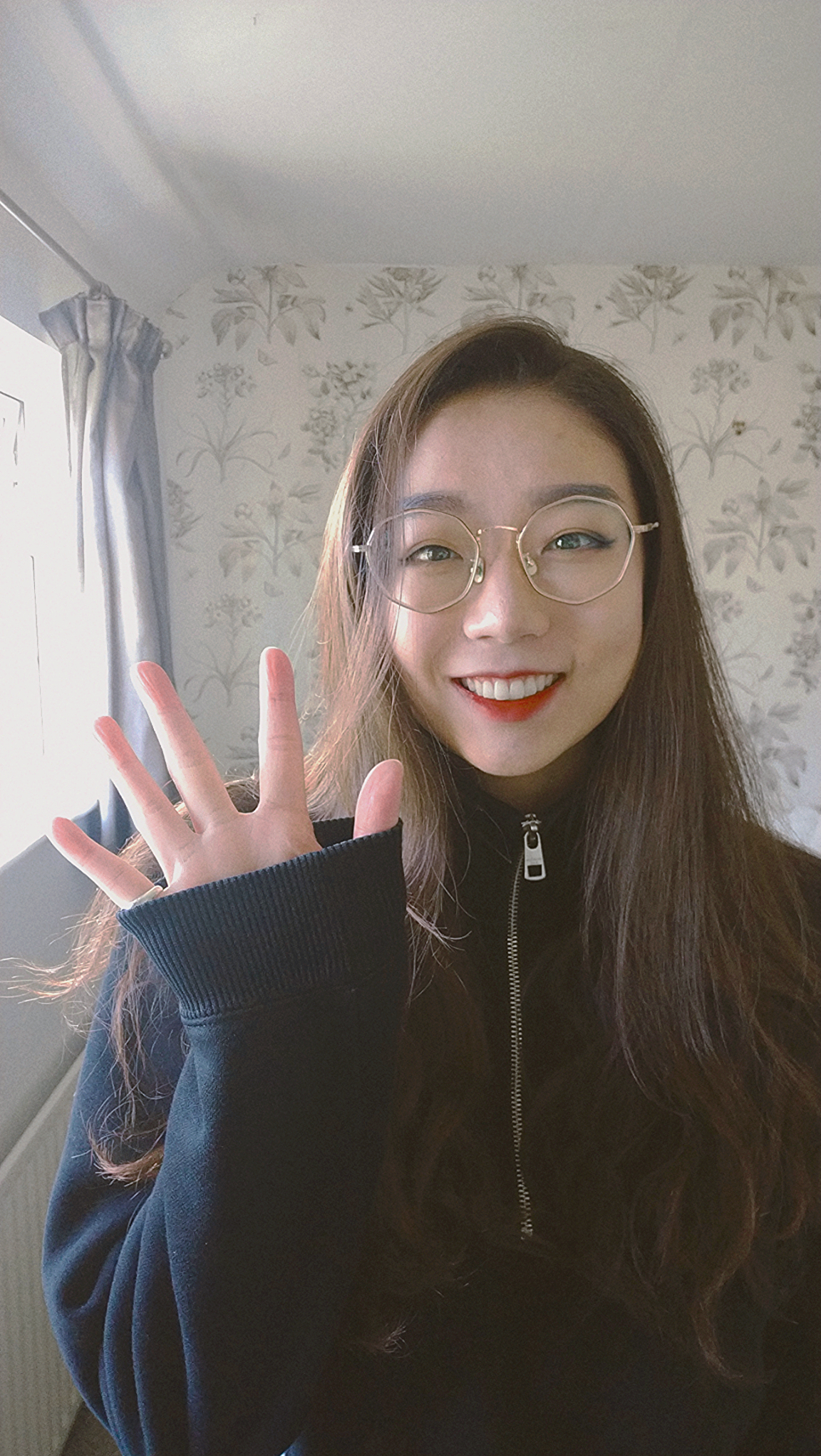
What is your name?
Linshan Chu
Where are you from?
China
To which class do you belong?
MSc Translational Neuroscience, Class of 2020
Where and what did you study before joining Imperial College London?
I completed my bachelor course in Bioengineering at the University of Sheffield
How did you find your Master experience at the College?
The course structure is quite impressive: for the first six-month, it consists of a series of modules, one after the other one, instead than all the lectures at the same time. The second six-month is entirely dedicated to the research project. It took me some time to adjust to this teaching model, but it suited me, and I became more efficient in organising my time. However, although there were no ‘exams’, there were several assignments to work on: it was quite hard to concentrate on the course content as well as the assignments at the same time. For the project, it was exciting to be fully involved within an actual research environment and work alongside PhD students and post-docs. I trained in several experimental techniques, and it was a precious scientific experience for me. Overall, this year really made me grow a lot: besides the neuroscience knowledge I was exposed to, I learnt how to develop personal qualities and habits as a young scientist
Which research project did you work on?
The title of my project is ‘The underestimated role of leptin: Leptin signalling in neuroregeneration’. Professor Simone Di Giovanni supervised me
Where are you now?
Oxford, UK
What are you working on?
I am currently doing my PhD at the University of Oxford
What is the most important lesson you learnt as a Master student?
Be true to science, do not ignore anything that seems not right, however tiny it might be
How did the Master programme help you get to where you are now?
The high-pressure studying pace made me study more efficiently, and I learnt how to be calm when I face challenges. Moreover, the six-month project helped my current academic life. It made me realise how amazing it is to be a scientist and made wanting to continue working in the neuroscience field